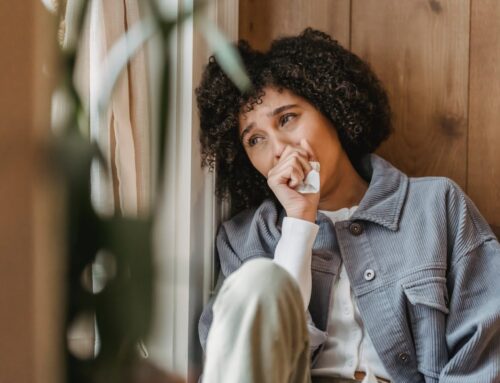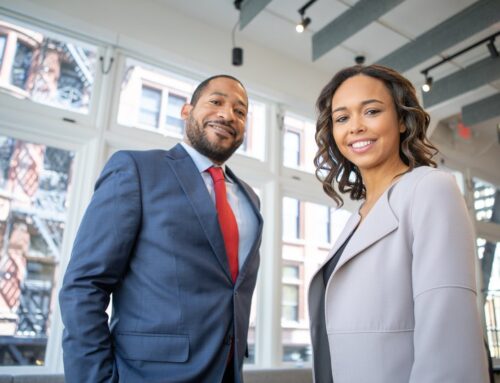Every time there is an election, there is a lot of tension and anxiety. Which candidate is the better choice is not the topic of this article. Additionally, it is not a political analysis of the implications of the outcome for our nation. It is best to leave that up to the political commentators. This article focuses on dealing with anxiety pre- and post-election and is about humanity, decency, and composure.
Control your reactions.
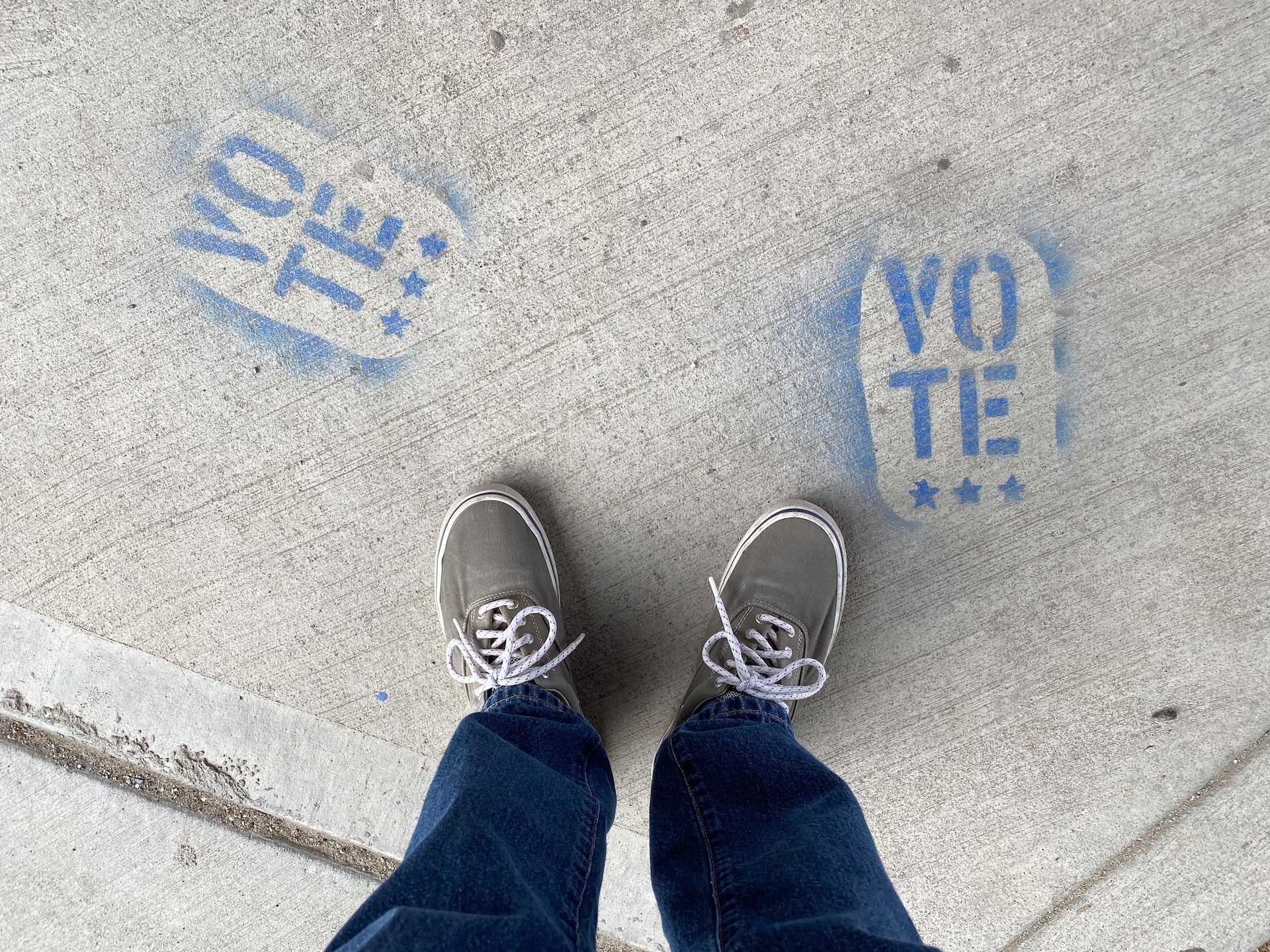 Remember that while you have no control over the election’s outcome, you do have control over how you react. You can accept the outcome of the election, whether your candidate wins or loses, with class and grace. Will there be cause to rejoice? No doubt. Will there be a reason for the loss to occur? Undoubtedly. It’s critical to accept and feel your election-related emotions for what they are.
Remember that while you have no control over the election’s outcome, you do have control over how you react. You can accept the outcome of the election, whether your candidate wins or loses, with class and grace. Will there be cause to rejoice? No doubt. Will there be a reason for the loss to occur? Undoubtedly. It’s critical to accept and feel your election-related emotions for what they are.
Speaking up helps.
Talking about your candidate’s victory or defeat with friends and family members today, tomorrow, and in the days that follow can be helpful. Process your emotions in a healthy and productive way, please. Share your feelings of disappointment or sadness with people you can trust. Talk about your anger if you’re angry. Destructive behavior is not a healthy response, neither for your well-being nor the well-being of those around you.
Dealing with anxiety by leaning into it
When we feel in danger, anxiety increases. It could be a physical threat, such as being in a hurricane’s path, where the possibility of losing your home or life is very real. Or the threat you perceive might not be as obvious.
Perhaps the sound of someone else’s voice, a particular scent, or a particular song makes you feel uneasy. Sometimes you feel fearful or anxious without being able to put your finger on what caused it. This usually occurs because an implicit memory has come to the surface.
Implicit memories: What are they?
Memories that are stored in our unconscious are referred to as implicit memories. We frequently aren’t even aware of them. They are typically brought on by something in our environment, such as a smell, taste, sound, sensation in our hands or feet, or appearance.
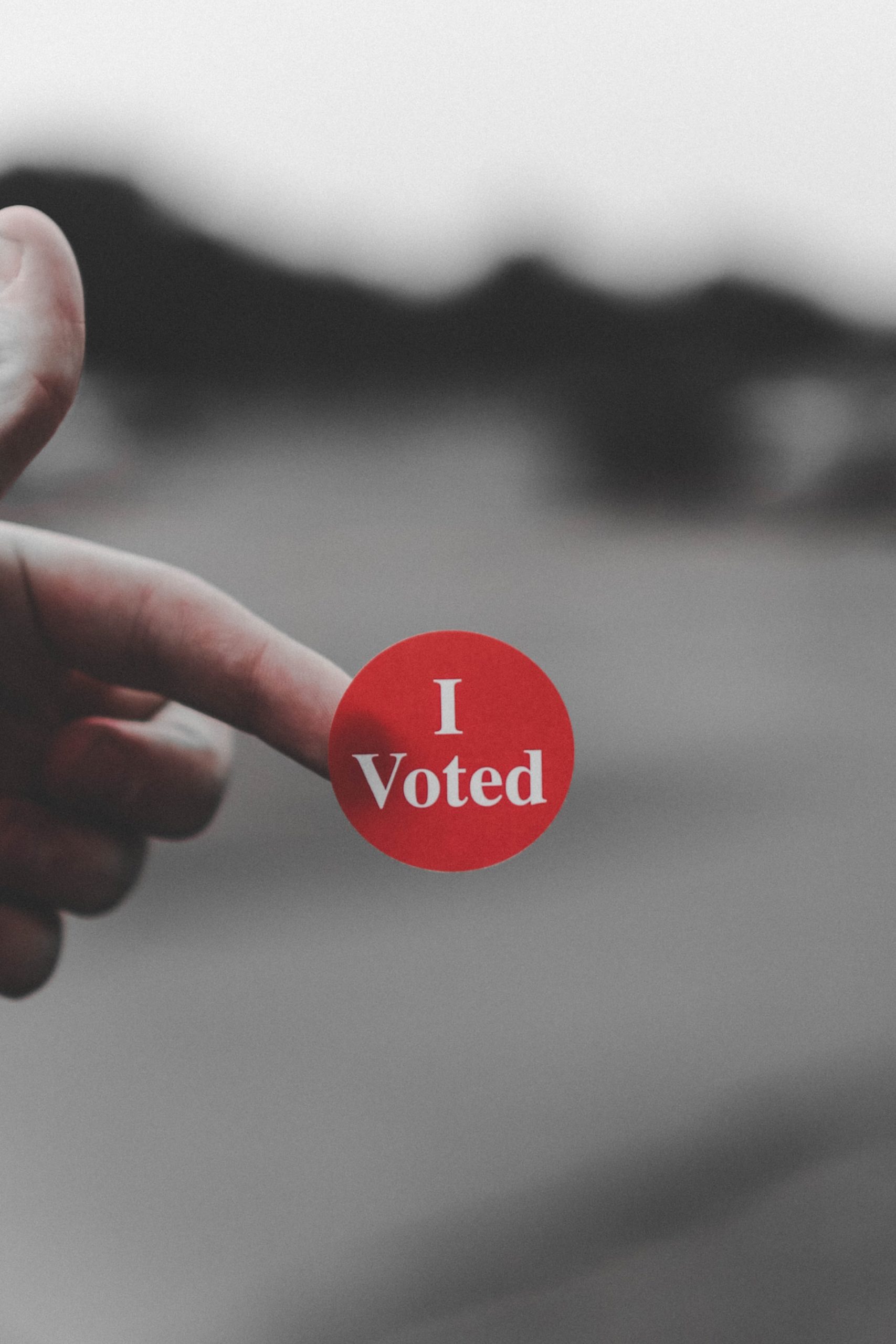 Our bodies respond to potential threats when they emerge. We’re not sure why we’re anxious, though. We might think that our anxiety just appeared unexpectedly. The body sensed a threat that was hidden deep within our unconscious memory.
Our bodies respond to potential threats when they emerge. We’re not sure why we’re anxious, though. We might think that our anxiety just appeared unexpectedly. The body sensed a threat that was hidden deep within our unconscious memory.
So, how do we deal with anxiety brought on by a situation that we aren’t fully aware of? First of all, it’s crucial to remember that anxiety has value. It warns us when there is a threat so we can defend ourselves. It won’t completely go away because of this. We can begin to work toward managing anxiety when it seems out of our control if we can accept the fact that we will always experience some level of anxiety.
Be curious about your anxiety.
Know that it’s crucial to look after yourself as you investigate what’s happening before you start. Get a cup of tea, take a few slow, deep breaths, and get your essential oils ready to diffuse. Make sure you’re in a cozy, secure location while burning fragrant incense or a candle.
Being curious about how your anxiety manifests itself is the first step. Investigate how your body feels when you’re not anxious at first. You’ll start to notice that your body lets you know when your anxiety is getting worse as you become more familiar with how it responds to stress.
Next, pay attention to the language your body uses to communicate with you. Where exactly in your body do you feel your anxiety? Is it in my legs, back, shoulders, chest, or throat? How does my body feel? Is it beating fast? Are my breaths short and shallow?
Do I feel hot or cold? Do I feel nauseous, or do I have butterflies in my stomach? You have permission to be with your anxiety when it manifests by acknowledging that it will reappear occasionally, sometimes for seemingly no reason at all.
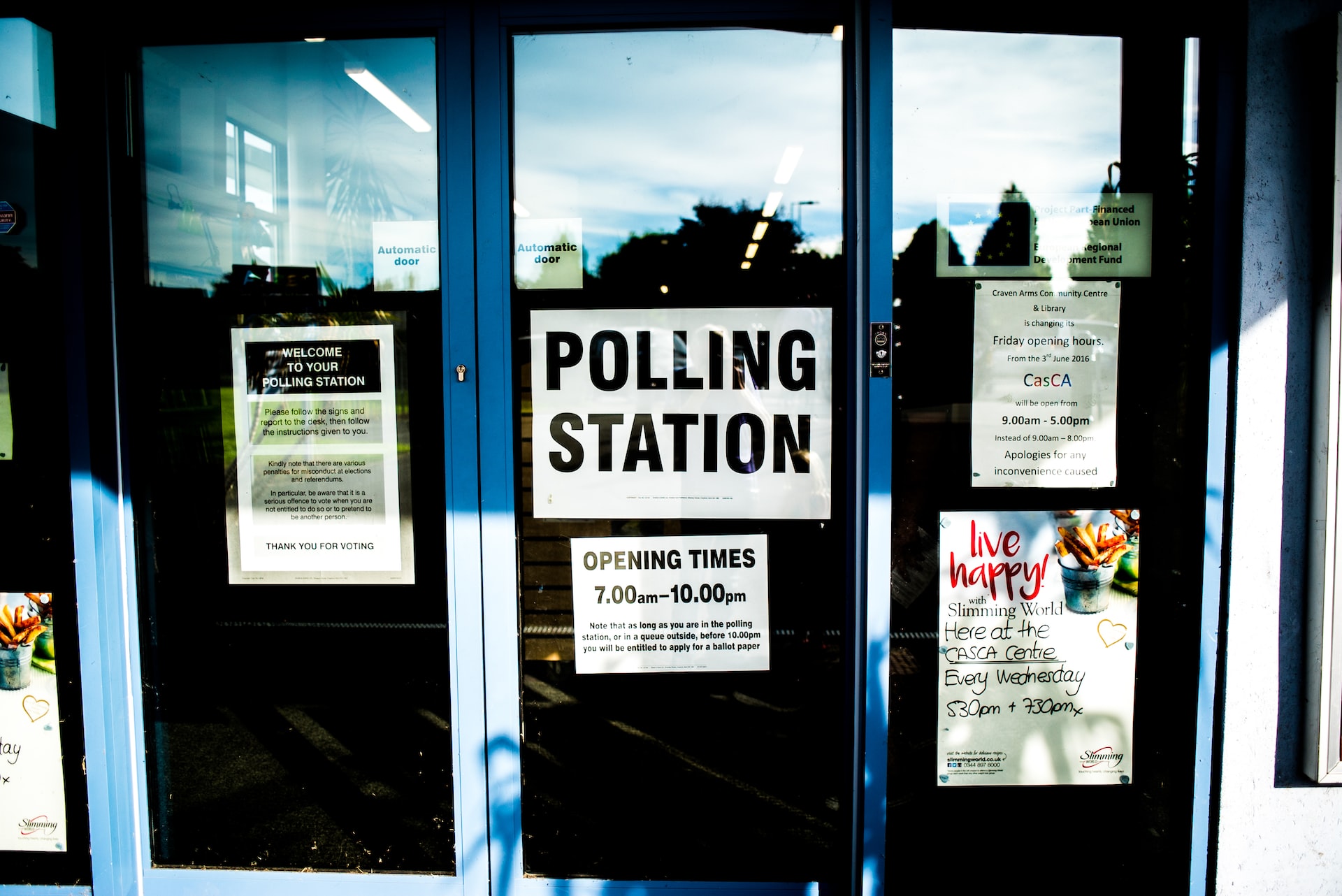 Investigate what occurs in your head in great detail as a next step. Your responses when you’re stressed or anxious can be influenced by your beliefs about what is happening. If you think the worst, you’ll probably experience anxiety.
Investigate what occurs in your head in great detail as a next step. Your responses when you’re stressed or anxious can be influenced by your beliefs about what is happening. If you think the worst, you’ll probably experience anxiety.
It’s crucial to be curious about how you interpret events that are happening to you or those around you. Ask yourself what you are thinking right now. What interpretation am I giving this incident?
If an implicit memory caused your anxiety, your body will feel as though the memory’s formation occurred in the past. You want to refocus on the present moment. Look around you and list a few things you can see, hear, smell, or touch to do that. We refer to this as “grounding.”
Finally, consider how your physical responses and thoughts about your anxiety affect you. According to research, verbalizing strong, challenging emotions can help them pass more easily.
The part of the brain that senses danger is less active when emotions are named, while the part that encourages problem-solving and curiosity is more active. When describing the emotion, try to be specific. You could say you’re feeling elated or rejected rather than happy or sad.
Bring your anxiety to the surface.
Can you make out what’s going on here? You’re leaning into the anxiety rather than trying to ignore it, push it away, or yell at yourself for feeling anxious. You’re getting to know it better, treating it with some compassion, and letting it be there while you look into things. The anxiety may start to fade as you go through this process. Bringing anxiety into the open can lessen its power because anxiety enjoys keeping secrets and hiding.
You have permission to be with your anxiety when it manifests by acknowledging that it will reappear occasionally, sometimes for seemingly no reason at all.
Maintain your well-being.

The stress hormone cortisol is released when our bodies and brains experience stress. Many of us are experiencing higher cortisol levels as a result of the pandemic and its effects on the economy, our finances, and our physical and mental health. Research has shown that having high levels of cortisol in the body over an extended period is harmful.
Long-term increases in cortisol levels weaken the immune system and increase our susceptibility to disease. It’s critical to acknowledge its function, particularly when combined with the strain of election-related anxiety. Self-care is essential to our well-being.
Your point of view matters.
Realize that everything will be fine at the end of the day. We have swung to the left throughout our republic’s history, then to the right, then back to the left, and so on. The American people always find a way to restore political equilibrium because our nation is tenacious.
We have always been able to survive and thrive in this great nation we call America, through everything from the Civil War to WWI, the Great Depression to WWII, McCarthyism in the 1950s to the unrest of the 1960s, and the Vietnam War, among countless other examples. We can navigate the present by keeping a long-term perspective on the past.
We can agree that roughly fifty percent of Americans will not be pleased with the political outcome of this election, but if history is any guide, those who are dissatisfied now will also enjoy their day in the sun in the future.
There is a lot of hope there. Hold your head high, shake off the political dander, and continue walking in peace in this wonderful country we call America whether your candidate wins or loses.
You should seek support right away if you’re experiencing election anxiety. To locate a therapist nearby, contact us.
“Vote”, Courtesy of Phil Scroggs, Unsplash.com, CC0 License; “I Voted”, Courtesy of Parker Johnson, Unsplash.com, CC0 License; “Polling Station”, Courtesy of Elliott Stallion, Unsplash.com, CC0 License; “I Voted”, Courtesy of Element5 Digital, Unsplash.com, CC0 License
DISCLAIMER: THIS ARTICLE DOES NOT PROVIDE MEDICAL ADVICE
Articles are intended for informational purposes only and do not constitute medical advice; the Content is not intended to be a substitute for professional medical advice, diagnosis, or treatment. All opinions expressed by authors and quoted sources are their own and do not necessarily reflect the opinions of the editors, publishers or editorial boards of Carlsbad Christian Counseling. This website does not recommend or endorse any specific tests, physicians, products, procedures, opinions, or other information that may be mentioned on the Site. Reliance on any information provided by this website is solely at your own risk.




